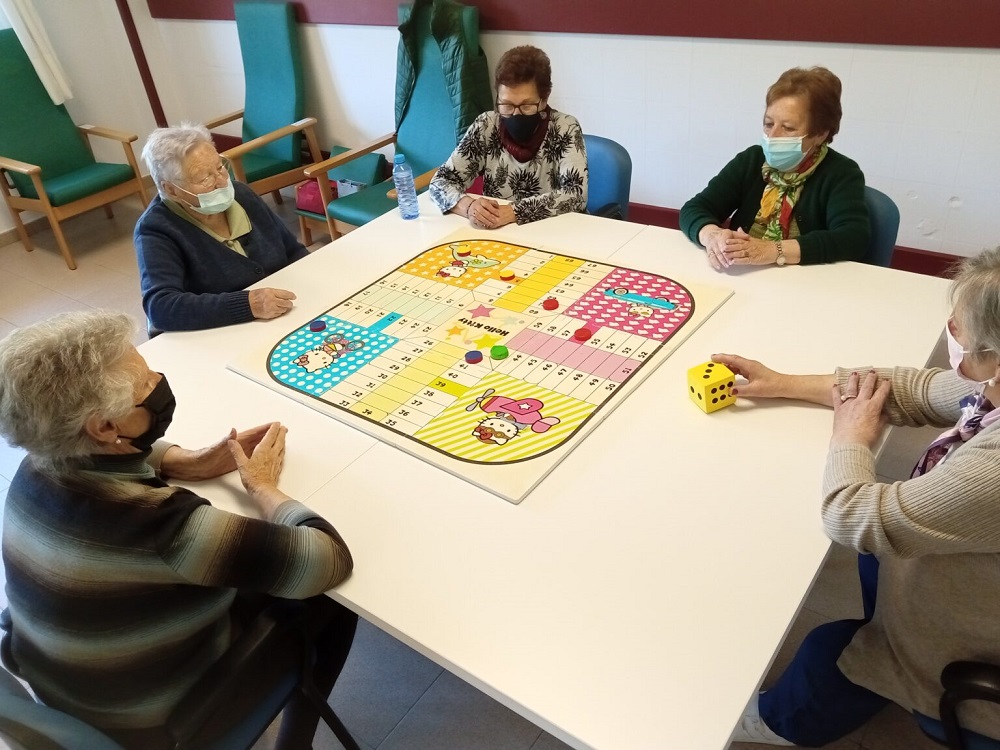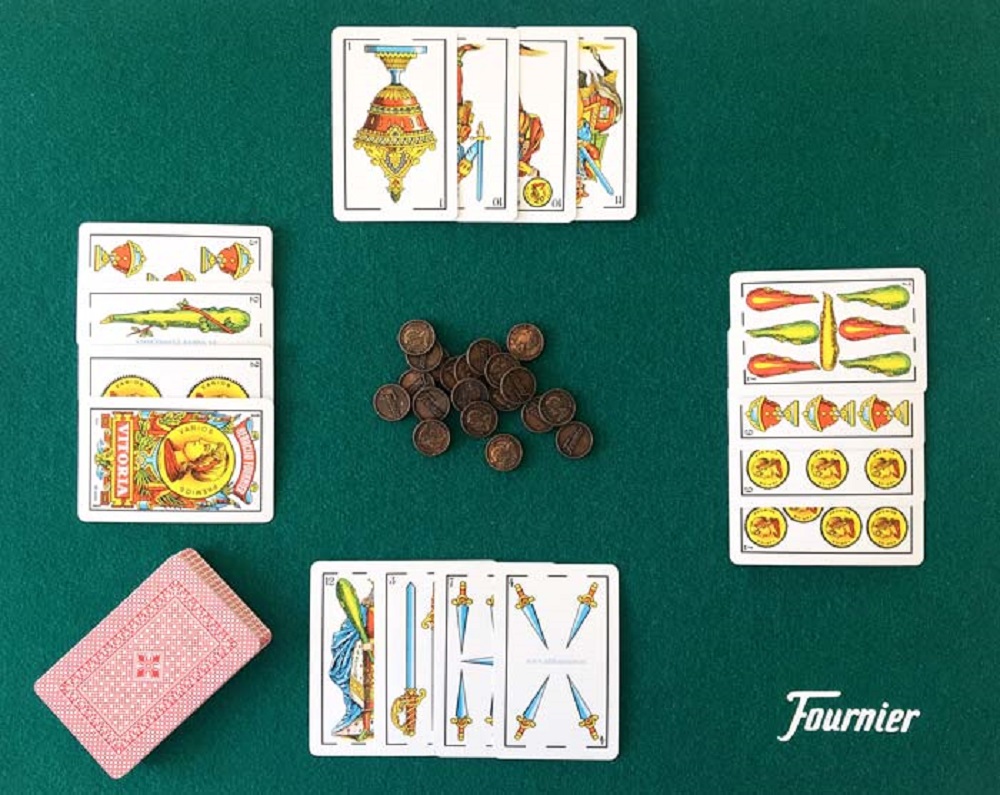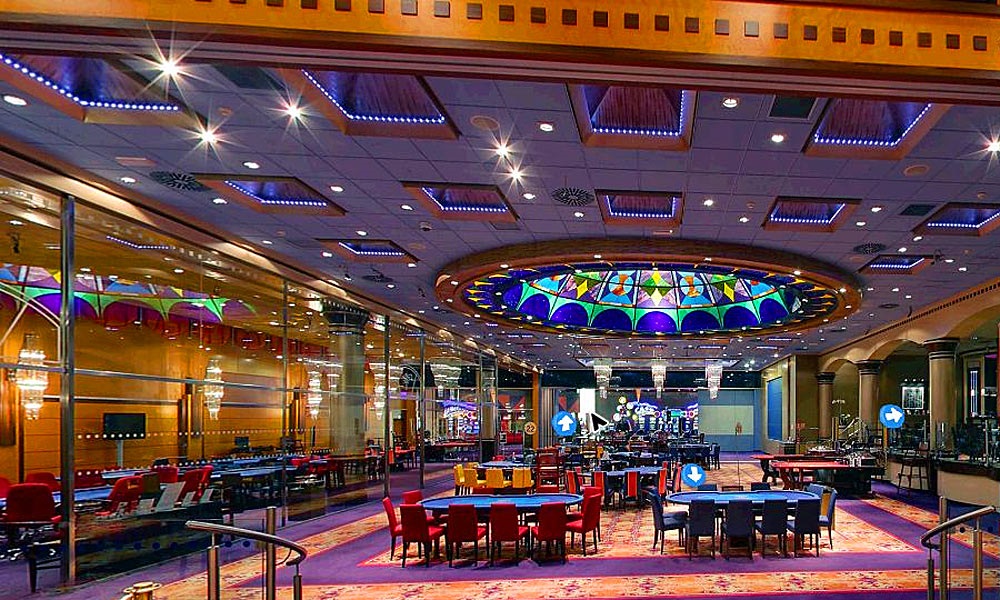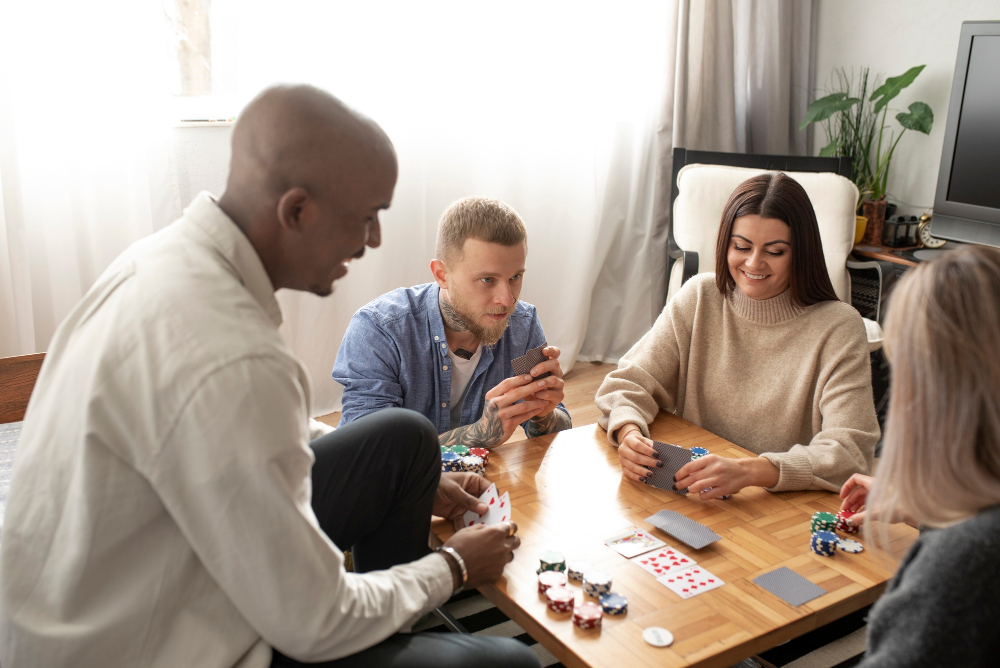Spain, a country renowned for its vibrant culture, delicious cuisine, and picturesque landscapes, is also a treasure trove of traditional games that have been passed down through generations. These games, deeply rooted in the country’s history and traditions, serve as a mirror reflecting the Spanish way of life. They are not merely games; they are a celebration of community, a testament to the Spanish spirit of camaraderie, and a fun-filled way to bring people together.
From the bustling city squares to the tranquil coastal towns, these games are a common sight. They are enjoyed by people of all ages, from children eagerly participating in a lively game of ‘Veo Veo’ to the elderly engaged in a strategic game of Mus in the park. Each game, with its unique set of rules and style of play, offers a different flavor of the rich and diverse Spanish culture.
The History of Board Games in Spain
Board games have been a part of human culture for thousands of years, and Spain is no exception. The history of board games in Spain is as rich and diverse as the country itself. From ancient times to the modern era, board games have served as a source of entertainment, a tool for education, and a means of social interaction.
The roots of many traditional Spanish board games can be traced back to the Roman era and the Middle Ages. Games like ‘Tablas Reales,’ a predecessor to modern backgammon, were popular during the Roman times. Chess also found its way to Spain during the Middle Ages, and the country has produced numerous world-class chess players over the years.
In the 20th century, board games continued to evolve and grow in popularity in Spain. New games were introduced, and traditional games were modernized. Games like ‘Parchís,’ a Spanish adaptation of the Indian game ‘Pachisi,’ and ‘El Estanciero,’ a game similar to Monopoly, became household names.
The Culture of Board Games in Spain
In Spain, board games are more than just a way to pass the time; they are a significant part of the cultural fabric. They are deeply woven into the social life of the Spanish people, serving as a medium for interaction, competition, and camaraderie.


The culture of board games in Spain is characterized by its diversity and inclusivity. There are games for people of all ages and interests.
Board games in Spain are often a communal activity. They are played at family gatherings, in local cafes, and at social events. They bring people together, fostering a sense of community and shared enjoyment. It’s not uncommon to see families playing a game of Parchís on a lazy Sunday afternoon, or friends gathered around a table in a local café, engrossed in a game of Mus.
Moreover, board games are also used as educational tools in Spain. Many schools incorporate board games into their curriculum to make learning more interactive and fun.
In recent years, with the rise of board game cafes and conventions, the board game culture in Spain has seen a resurgence. These spaces provide a platform for board game enthusiasts to come together, share their passion for games, and discover new ones.
A Deep Dive into Popular Board Games in Spain
In Spain, board games are a beloved pastime that brings people together. They are a testament to the country’s rich history and vibrant culture. Let’s explore some of the most popular board games in Spain, delving into their rules, strategies, and the unique cultural significance they hold.
Parchís: A Blend of Strategy and Luck
Parchís is a popular board game in Spain, known for its blend of strategy and luck. This game is a Spanish adaptation of the classic Indian game Pachisi. It’s designed for 2 to 4 players, each starting with four tokens. The objective of the game is to navigate all your tokens around the board and into the home column before your opponents manage to do the same.
The game begins with each player rolling the dice, and the number rolled determines how many spaces a player’s token can move. The strategic element comes into play when deciding which token to move, especially when there are opportunities to block opponents or knock their tokens off the track. Parchís is a game that can be enjoyed by people of all ages and is a common sight in Spanish households.


Mus: The Game of Bluff and Strategy
Mus is a traditional Spanish card game that has its roots in the Basque Country. This game is all about bluffing and strategy, and it’s played with a Spanish deck of cards. The game is typically played in teams of two, and the objective is to win more rounds, or ‘mus,’ than the opposing team.
In Mus, players are dealt four cards each, and they take turns betting based on the strength of their cards. The game involves a good deal of psychological strategy, as players must decide when to bluff, when to call an opponent’s bluff, and when to play it safe. Mus is a game that requires not just a good understanding of the rules, but also the ability to read your opponents, making it a challenging and exciting game to play.


Lotería: A Game of Chance
Lotería is a game of chance that’s similar to Bingo but with a unique Spanish twist. Instead of numbers, Lotería uses images on a deck of cards. Each player has a board with a random selection of pictures, and the goal is to match these pictures with the ones drawn from the deck.
The game is simple yet exciting, as players eagerly wait for the right image to be drawn. Lotería is often played in social gatherings and is a fun way for people to learn Spanish in Malaga or any other part of Spain, as the images often represent common Spanish words and phrases.
The Love for Bingo in Spain: A Cultural Phenomenon
Bingo is a game that has found a special place in the hearts of the Spanish people. It’s a game of chance that brings together people of all ages, creating a vibrant and lively atmosphere that is hard to resist. Let’s delve into the world of Bingo in Spain, exploring where to play it, how it’s played, and the significance it holds in Spanish culture.
Where to Play Bingo in Spain
In Spain, Bingo can be played both online and in physical venues known as ‘salas de juego.’ These gaming halls are popular spots for locals and tourists alike, offering a range of games including Bingo, roulette, and sports betting. These venues are scattered across the country, providing a fun and exciting environment for those looking to try their luck.
Online Bingo has also seen a surge in popularity in Spain. The convenience of playing from home, coupled with the thrill of the game, has attracted a large number of players to online platforms.
Top 3 Gaming Halls
1.Casino Torrequebrada: This is one of the most popular casinos in Malaga, offering a wide range of games for visitors. It’s a bit of a drive from Calle Reading, but it’s worth the trip for the variety of gaming options and the exciting atmosphere. You can find more information here.


2. Pause & Play: This is a modern gaming hall offering a variety of games, including slot machines and electronic Bingo. It’s a great place to relax and enjoy some gaming fun. You can find more information here.
3. Pause&Play Plaza Mayor Malaga: Another branch of the popular Pause&Play chain, this gaming hall is located in the Plaza Mayor shopping center. It offers a variety of gaming options and is a great place to unwind after a day of shopping. You can find more information here.
How Bingo is Played in Spain
The rules of Bingo in Spain are similar to those in other countries. Players purchase cards with a grid of numbers. A caller then randomly draws numbers, and players mark off these numbers on their cards. The first player to mark off a complete row of numbers calls out “Bingo!” This alerts other players and the caller verifies the winning combination.
The Cultural Significance of Bingo in Spain
Bingo is more than just a game in Spain; it’s a cultural phenomenon. It’s a social event that brings people together, fostering a sense of community and shared enjoyment. The game is often played in social gatherings, adding to the festive atmosphere.
Moreover, Bingo has also been embraced by the older generation in Spain. It’s not uncommon to see seniors enjoying a game of Bingo in parks, community centers, and even in their homes. For them, Bingo is not just about the potential to win prizes, but also about the opportunity to socialize and stay active.
Petanca: A Game Played Outdoors
Petanca is another popular game in Spain. It’s usually played outdoors on a flat, open space. The goal of the game is to throw your balls so that they land as close as possible to a small wooden ball. Petanca is a fun game that requires both skill and strategy, and it’s a common sight in parks and beaches across Spain.
These games are a big part of Spanish culture and are enjoyed by people of all ages. So, if you’re planning to learn Spanish in Malaga or even if you are planing to take Online Classes, why not try out these games? They’re not only fun but also a great way to learn more about Spanish culture.




